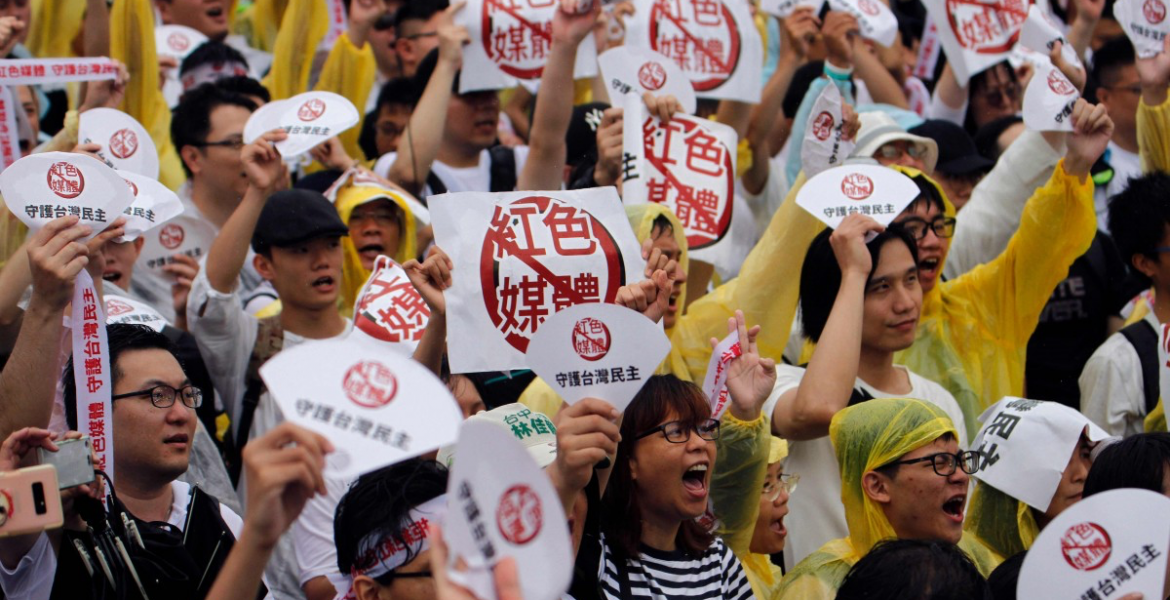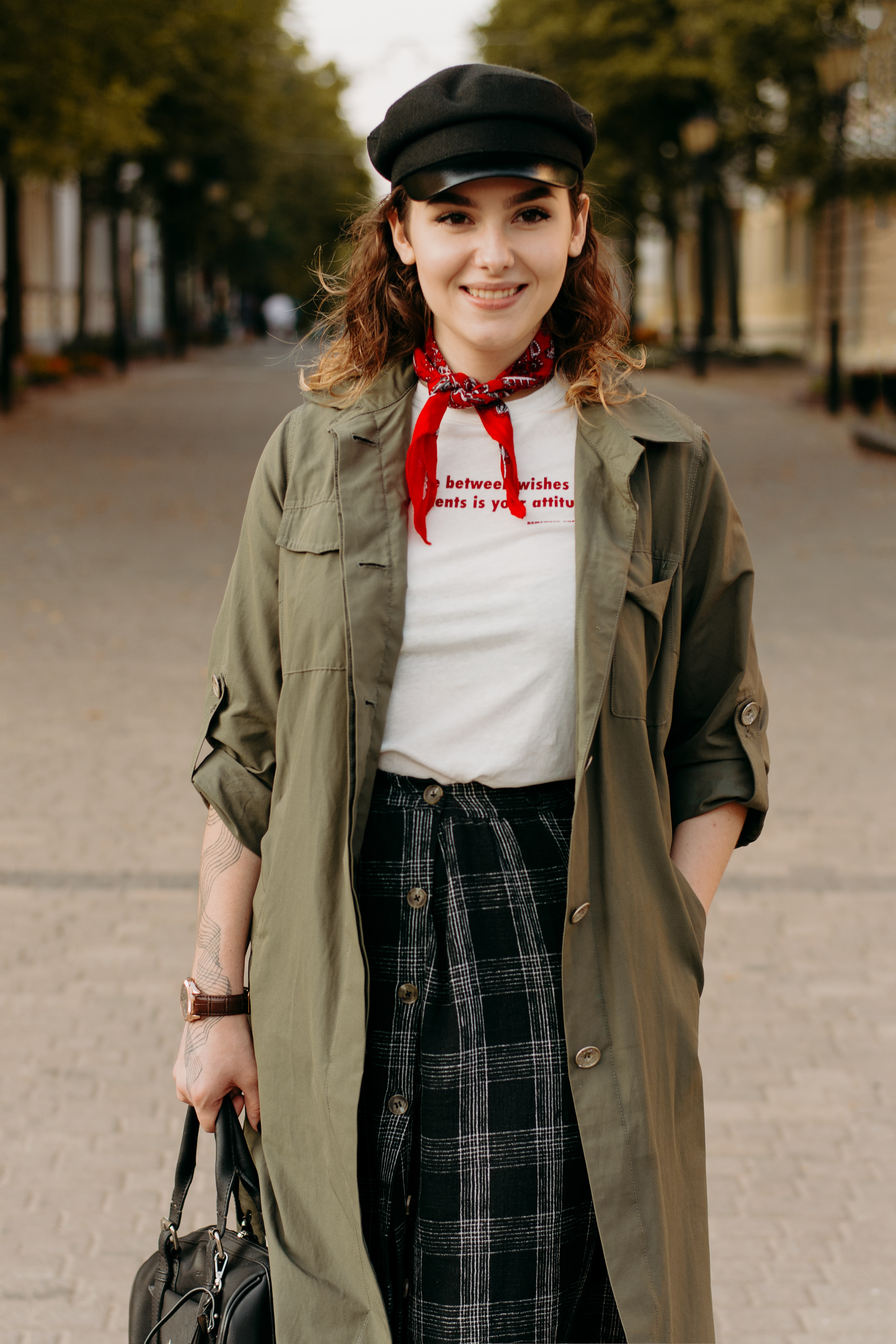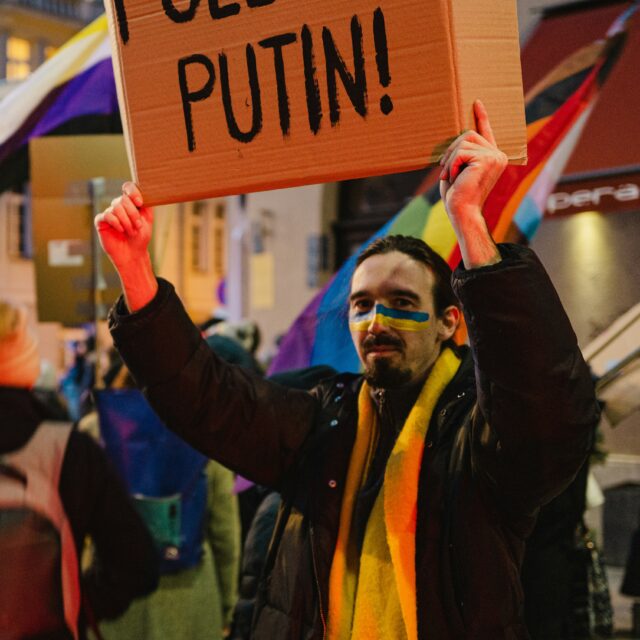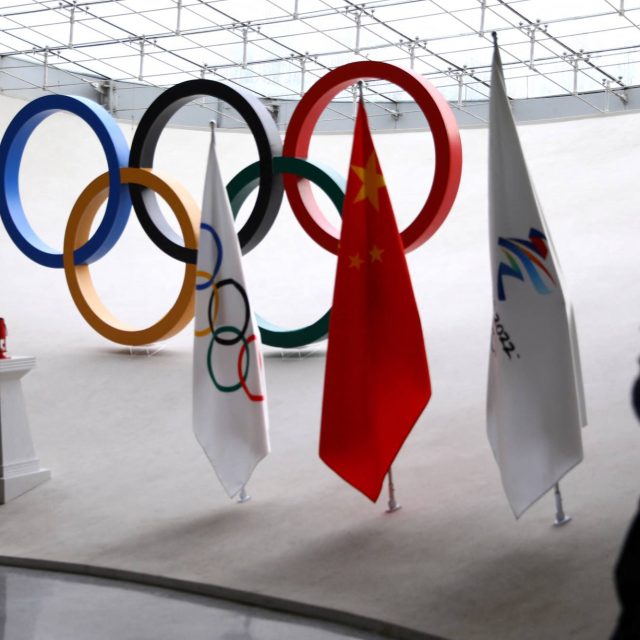On the streets of provincial cities in Taiwan, election posters are already being displayed in anticipation of Taiwan’s general election due to be held on 11 January next year. The current President of Taiwan TSAI Ingwen from the Democratic People’s Party is seeking re-election in the Presidential contest. Simultaneously elections will be held for the Deputy President, and for the 113 members of Taiwan’s Parliament the “Legislative Yuan”.
Political analysts are anticipating that “fake news” and disinformation campaigns will seek to influence the election campaign. Local politicians are taking the threat seriously, and are gearing up their social media strategies to counter the spread of disinformation by responding quickly and credibly to deliver facts to block fake news through their Facebook and Twitter accounts. Generally the Chinese language daily “Liberty News” and English language daily “Taipei Times” are considered to be trustworthy sources, and can be relied on to counter disinformation.
Based upon an opinion survey conducted by the Election Study Centre of Taipei’s National Chengchi University, Beijing’s hostility towards the Taiwanese Government and its people is at a historical high. The concern is that this aggression is likely to take the form of efforts by the propaganda machine of the Communist Government of mainland China to interfere in the electoral process and seek to influence the outcome of the election.
Beijing already aggressively works to isolate Taiwan and its citizens from participation in International Organisations. Although US Secretary of State Mike Pompeio and other senior international figures regularly talk of Taiwan as a role model in the South East Asian region for democracy, and a reliable partner, in reality Taiwan is relatively isolated in the international sphere because Beijing deliberately blocks Taiwan from participation in many international bodies.
One such example is the International Civil Aviation Organisation (ICAO). Taiwan’s Taoyuan airport is the tenth largest in the world for passenger traffic and handled 42.3 million passengers in 2016. It is the 6th busiest in terms of international freight traffic, handling 2.1 billion kg of freight in 2015. If anyone were to assess membership contributions to the ICAO purely in terms of experience in aviation regulation, and technical expertise, then Taiwan has much to share with the members of ICAO, and also to learn from its peers.
It is surely not prudent to allow the political blocking of membership to prevent Taiwan’s participation in this organisation. Such politicisation of the membership process risks compromising global aviation safety and standards. Add to this the fact that Beijing sends military jets across the straits of Taiwan in breach of air traffic control protocols, thereby putting at risk the safety of commercial flights, so that they can probe Taiwan’s air defence systems, then the policy of blocking Taiwan’s membership of ICAO for purely political reasons becomes not only irresponsible but vindictive and morally reprehensible.

A second example is Taiwan’s aspiration to participate in the World Health Assembly (WHA) in order to contribute to sharing experience and knowledge through this forum, and help other nations to improve their health services and achieve progress in implementing the United Nations’ Strategic Development Goals for health. In this sector, Taiwan has significant expertise spending 6.1% of its GDP on providing national health services. Several of the larger members of the WHA have spoken up in support of Taiwan’s membership, but many of the smaller country members feel intimidated by China’s bully boy tactics and remain silent. Based simply upon a rational and logical assessment of the country’s contribution to international health policy matters and the exchange of scientific information on global health issues, there is an overwhelming case for Taiwan’s membership of the WHA to be approved. Global health is absolutely not an issue for negotiation; it affects all of us equally, and we should never allow it to be treated as a political football.
A third and even more worrying case concerns the refusal of the United Nations Secretariat to allow Taiwanese journalists accreditation to cover United Nations meetings, and the refusal of the United Nations Secretariat to allow Taiwanese passport holders to obtain visitor permits to their premises.
Surely freedom of information is a fundamental right for journalists and not a privilege? How can it be determined by the nationality of journalists or their publications? Particularly given the international worries today about disinformation campaigns that may interfere with and possibly undermine free democratic elections through the aggressive use of “false news”, the current policy of the United Nations Secretariat concerning free access to information is unacceptable and is in serious need of an urgent strategic review and amendment.




